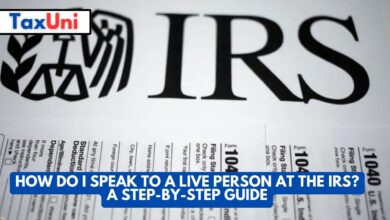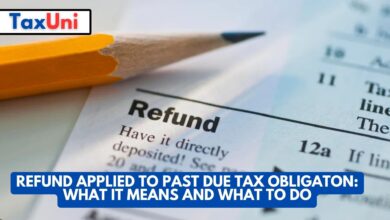Do You Pay Taxes on Zero Coupon Bonds?
Zero coupon bonds, also known as STRIPS, are purchased at a discount and then paid the full face value when they reach maturity. This makes them a popular choice for investors who are planning to use their proceeds to meet future expenses.

As the name suggests, zero-coupon bonds don’t pay interest to their investors. Instead, they offer a deep discount on the bond’s face value at the time of issuance. Investors then receive the principal amount at maturity. While this approach may carry more risk than regular bonds, it can provide a higher return in the long run.
However, these investments are not without tax ramifications. As a general rule, you will need to pay taxes on any capital gains realized when you sell your bond or when it matures. This is because your bond’s value and return are more volatile than those of regular bonds that make interest payments.
You can buy zero-coupon bonds from a variety of sources, including government agencies and municipalities. In addition, some private companies issue zero-coupon bonds. These bonds’ tax treatment depends on the bond type and issuer. For example, municipal zero-coupon bonds are generally tax-exempt, while corporate zero-coupon bonds are subject to income taxes.

How is Zero Coupon Interest Taxed?
The primary advantage of zero-coupon bonds is that they avoid the risk of recurring interest payments. Instead, the investor pays a discounted price for the bond and receives a lump sum at maturity equal to the face or par value of the investment. This allows the investor to earn a higher return on the investment over a shorter period of time than would be possible with regular bonds.
The IRS treats the discount on a zero coupon bond as taxable income because the investment is not earning an ordinary income stream, as with traditional bonds. This imputed interest is called phantom income. It is taxed at high ordinary income rates, close to 40% in the top federal bracket.
In addition to phantom interest, the discount on a Treasury security may be subject to state and local taxes in some jurisdictions. The tax treatment of treasury securities varies by jurisdiction, and investors should consult a tax professional before investing in them. Investors can shelter some of their gains in a treasury bond by holding it in a tax-advantaged retirement account, such as a 401(k) or IRA. If a taxable bond is held in a retirement account, the investor will not owe taxes on it until it is withdrawn at retirement, when it will be subject to ordinary income taxes.





